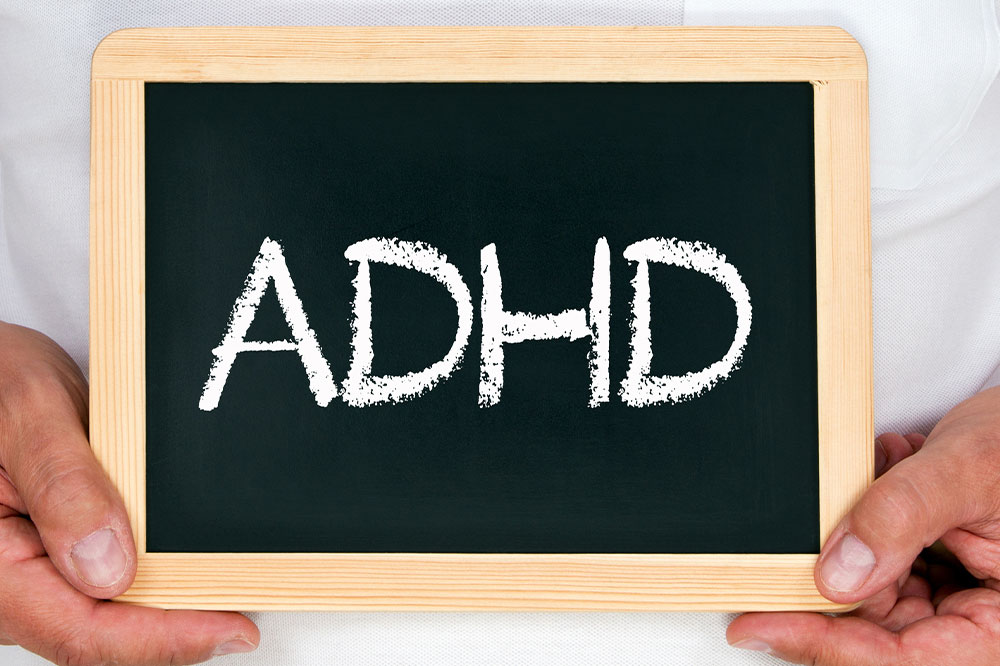Understanding the Top 7 Most Common Causes of Trauma and How to Recognize Them
This comprehensive article delves into the seven most common causes of trauma, providing insights into how events like medical procedures, accidents, bullying, loss, natural disasters, abuse, and neglect impact mental health. Recognizing these trauma sources helps individuals seek timely support and understand their emotional responses better. The piece emphasizes the importance of awareness, early intervention, and holistic care to foster healing and resilience in trauma survivors.

Understanding the Top 7 Most Common Causes of Trauma and How to Recognize Them
Trauma is a complex emotional response to distressing or life-altering events, defined extensively by mental health professionals such as the American Psychological Association. It manifests in various ways, often through intense emotional or psychological reactions that can significantly impact an individual's daily life. While everyone experiences trauma differently—some may recover quickly, others may struggle with lasting effects—the roots of trauma are often linked to specific causes or incidents. Recognizing these frequent sources of trauma is vital in building awareness, facilitating early intervention, and promoting healing. This comprehensive discussion explores the seven most common causes of trauma that individuals are likely to encounter during their lifetime, providing insights into each to better understand their impact on mental health.
Major Medical Procedures and Serious Health Problems
Facing significant medical interventions, such as major surgeries or battling life-threatening illnesses, can be deeply traumatic. The physical pain combined with the emotional toll of confronting serious health issues can leave long-lasting psychological scars. For children or adolescents undergoing intensive treatments—for example, surgeries, chemotherapy, or long hospital stays—the trauma can extend far beyond the physical symptoms. These experiences may lead to anxiety, fear of medical environments, or even post-traumatic stress disorder (PTSD) later in life. It's important for caregivers and healthcare providers to recognize these potential psychological consequences and offer supportive psychological care alongside medical treatment, ensuring holistic healing for vulnerable patients.
Accidents and Physical Injuries
Accidents such as traffic collisions, falls from heights, head injuries, sports-related accidents, house fires, or other unexpected mishaps are among the leading causes of physical trauma. Beyond the immediate physical injuries—such as broken bones, bruises, or concussions—these incidents evoke intense feelings of vulnerability, fear, and insecurity. The aftermath may include chronic pain, mobility issues, or fear of recurrence, which can contribute to psychological problems like anxiety or depression. Recognizing the trauma caused by accidents is essential for prompt medical and psychological intervention, helping survivors process their experiences and regain control over their lives.
Bullying and Persistent Harassment
Repeated bullying, whether at school, work, or within social circles, can create profound emotional scars. Victims of prolonged harassment often develop symptoms akin to post-traumatic stress disorder, including flashbacks, anxiety, and fear. Children subjected to bullying may experience developmental delays, low self-esteem, or depression, which can persist into adulthood if unaddressed. Recognizing the signs of trauma resulting from bullying is vital for timely intervention, offering support systems and therapy options that help victims rebuild confidence and emotional resilience.
Separation and Loss of Loved Ones
The death of a cherished family member, partner, or close friend marks a deeply traumatic event for many. Loss through divorce, incarceration, deployment, or abandonment can also induce severe emotional distress. Such experiences often lead to feelings of grief, loneliness, guilt, or anger. Children may have difficulty understanding or coping with such losses, resulting in lasting emotional trauma. Support from mental health professionals, alongside empathetic family and community support, can ease the grieving process and help individuals adapt to their new realities.
Natural Disasters and Extreme Weather Events
Hurricanes, earthquakes, floods, wildfires, and other natural calamities can cause widespread destruction and loss of life. Survivors are often left with profound psychological scars, including survivor's guilt, anxiety, and post-traumatic stress disorder. These events disrupt normal life, destroy homes, and displace communities, which can exacerbate feelings of helplessness and fear. Post-disaster mental health support is crucial for recovery, helping individuals process their trauma, rebuild their lives, and restore a sense of safety and security.
Abuse, Maltreatment, and Violence
Emotional, physical, or sexual abuse profoundly impacts mental health and can leave enduring trauma. Victims often experience feelings of shame, humiliation, and worthlessness, which may lead to depression, anxiety disorders, or PTSD. Experiences like violence or sexual assault catalyze long-term emotional scars, especially during formative years. Substance abuse may sometimes compound this trauma, making recovery more complex. Recognizing signs of abuse-related trauma is vital for prompt intervention, ensuring victims receive comprehensive psychological and medical support to facilitate healing.
Childhood Neglect and Emotional Deprivation
Childhood neglect—such as lacking adequate nutrition, safety, love, or proper care—can severely hinder emotional and psychological development. Neglected children often grapple with feelings of abandonment, mistrust, and insecurity that persist into adulthood. They may face difficulties forming healthy relationships, exhibit low self-esteem, or develop emotional regulation issues. Addressing childhood neglect requires early intervention, therapy, and support to help survivors overcome deep-seated trauma and build healthier emotional foundations.





